

Damion Smy
China introduces “no fire, no explosion” EV battery standards
33 Minutes Ago
Build up, not out! A UK start-up is taking on the mainstay EV ‘skateboard’ platform with a bold design of its own.

Contributor
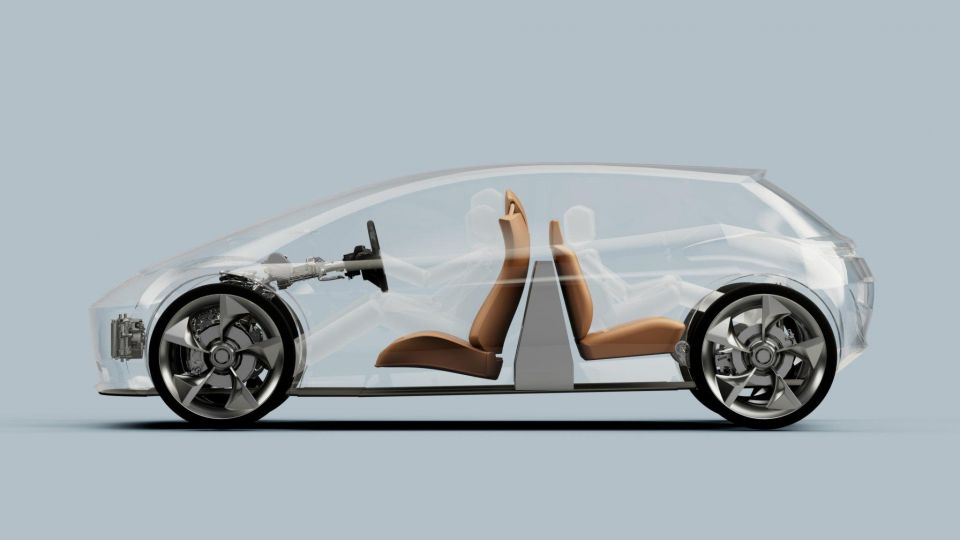

Contributor
UK startup Page-Roberts has revealed an innovative but unusual design philosophy to get more range out of an electric vehicle.
The firm has patented a design where battery packs are mounted vertically in the vehicle.
Most electric vehicles on the market today use a ‘skateboard’ structure, placing the batteries under the floor.
Page-Roberts says otherwise, instead placing the battery packs between two rows of opposite-facing seats in a pyramid form.
The company claims this is a more compact solution, allowing the car to sit lower, be more aerodynamically efficient, and weigh less.
With this layout, the firm believes there can be weight savings of up to 75kg compared to a skateboard design.
Manufacturing costs are said to be cut by 36 per cent by the patented design, and range could be extended by up to 30 per cent due to increased efficiency.
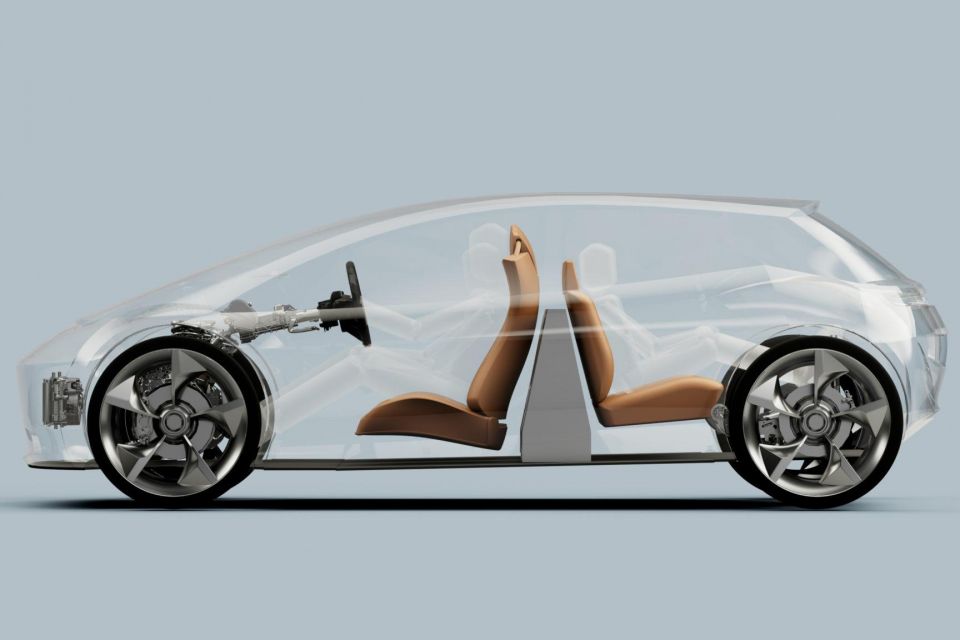
Although the batteries are mounted much higher in the vehicle, Page-Roberts claims that the car will have a low centre of gravity regardless.
“The skateboard arrangement has become the mainstay of most EVs. But this results in taller vehicles with increased aerodynamic losses and energy consumption, extra structure required to protect against impact and a longer wheelbase to account for the battery,” said Page-Roberts CEO, Freddy Page-Roberts.
With the batteries no longer laid out along the floor, the driver can also sit lower, something that would be desirable for sportier passenger cars.
The firm already has designs in place for a range of vehicle types, from four-seater sports cars to multi-purpose seven-seaters for the whole family.
While the Page-Roberts design is unique for now, expect more innovations to occur in battery technology as automakers introduce more electric vehicles.
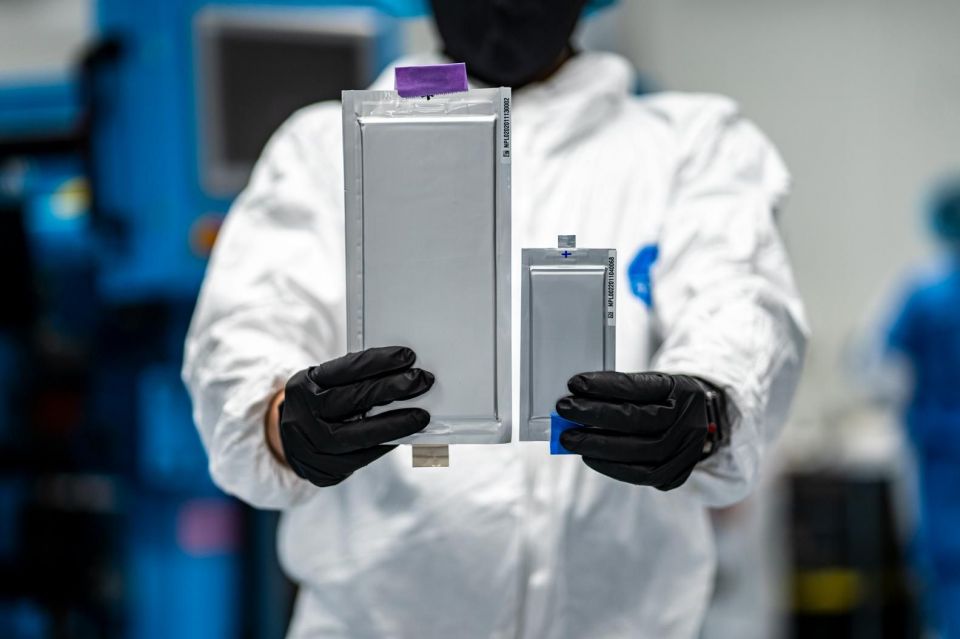
Various companies are working on solid-state batteries as an alternative to traditional lithium-ion batteries.
Toyota has called solid-state batteries a “game changer” and plans to introduce the technology onto an electric platform by 2025.
QuantumScape, a battery company with backing from Volkswagen, claims a car using its batteries could charge to 80 per cent of capacity in just 15 minutes, offer 80 per cent longer range, and be cheaper to produce.
BMW, Ford and Hyundai have all invested in Solid Power, a US start-up developing solid-state batteries.
“By simplifying the design of solid-state versus lithium-ion batteries, we’ll be able to increase vehicle range, improve interior space and cargo volume, deliver lower costs and better value for customers and more efficiently integrate this kind of solid-state battery cell technology into existing lithium-ion cell production processes,” said Ted Miller, Ford’s manager of Electrification Subsystems and Power Supply Research.


Damion Smy
33 Minutes Ago
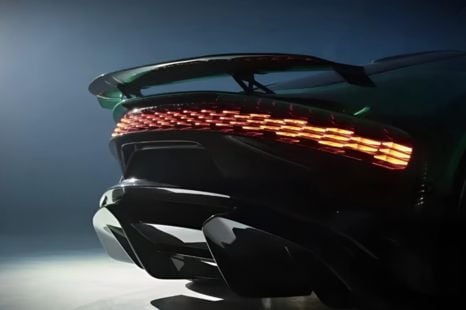

Damion Smy
2 Hours Ago
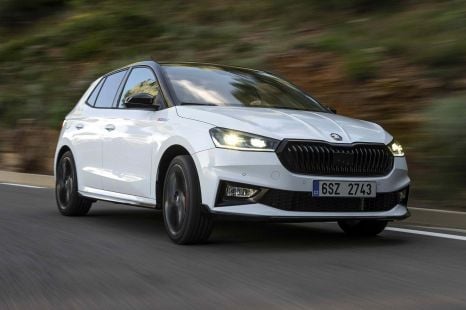

Matt Robinson
5 Hours Ago


Damion Smy
5 Hours Ago
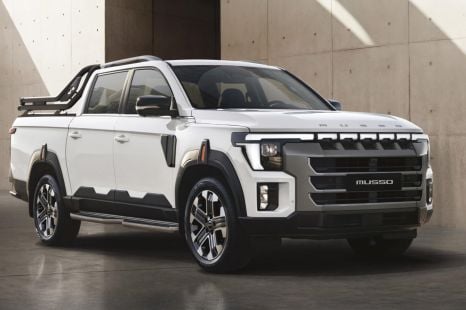

Damion Smy
19 Hours Ago
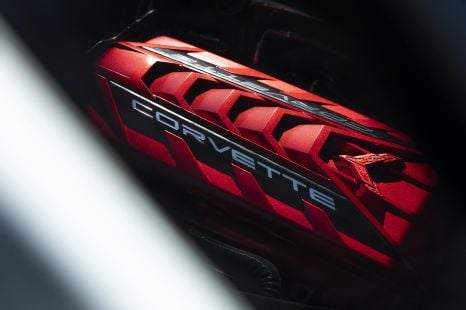

Damion Smy
20 Hours Ago